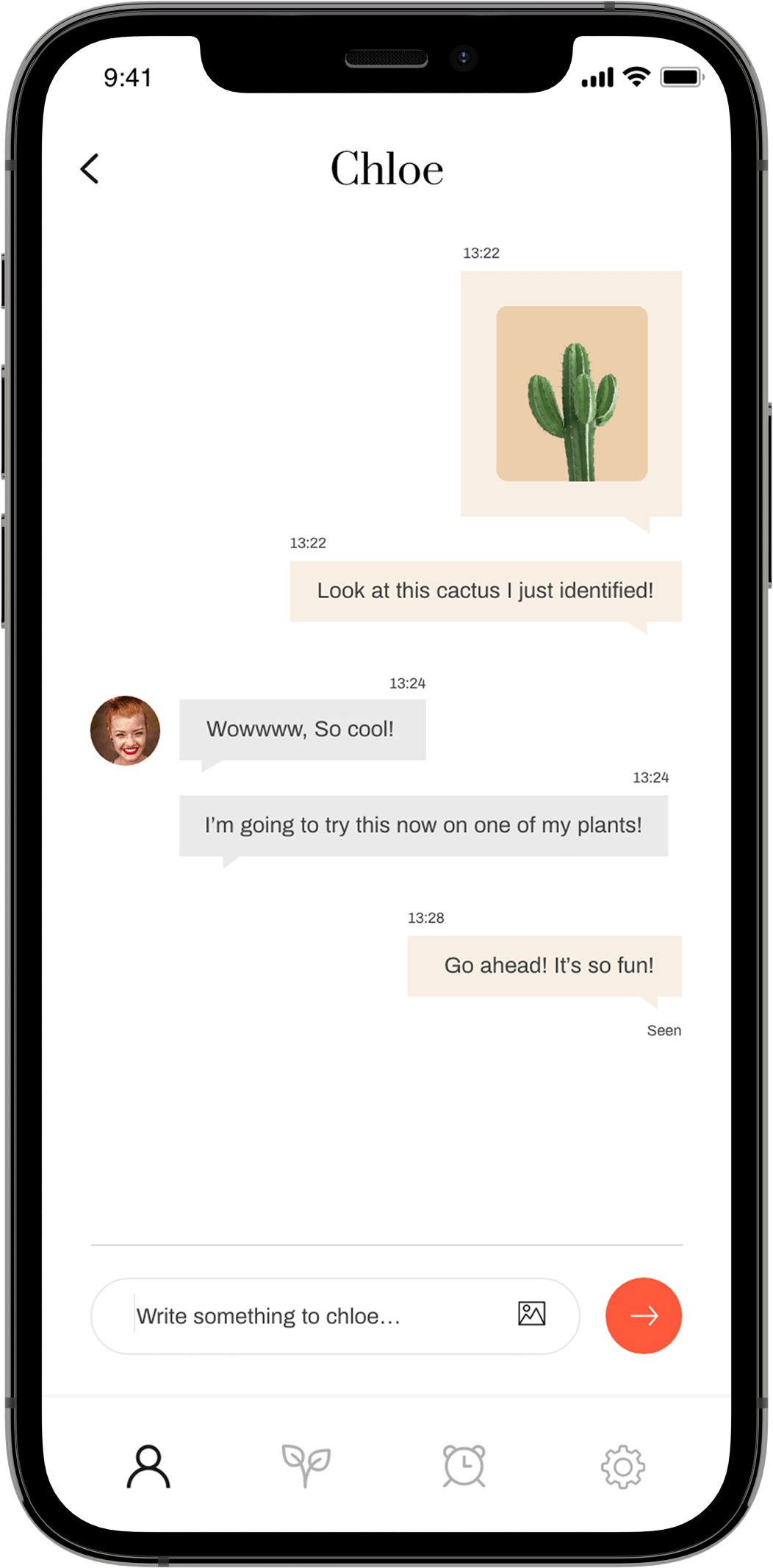Welcome to The Role of Technology in Group Booking Communication guide. As someone who has worked in the online travel industry for years, I have seen firsthand the importance of technology in facilitating communication between travel providers and their clients. This guide is aimed at marketing and product executives in online travel agencies who want to improve their group booking communication strategies.
Group bookings in travel are not just a nice-to-have feature but a crucial component of the industry. According to Amadeus, the world’s biggest GDS and the global travel industry leader, 80% of worldwide trips are done together, which means that travel booking is, in essence, group booking. With this statistic in mind, it’s clear that optimizing OTA performance requires a focus on group booking in travel. Managing group bookings can be challenging, but with the right communication strategies in place, it’s possible to make the process more streamlined and efficient. In this guide, we will explore the role of technology in facilitating group booking communication, and provide actionable advice on how to leverage these tools effectively. By the end of this guide, you’ll have a better understanding of the importance of group booking in travel and how to use technology to enhance your business operations.
Technology has revolutionized the way we communicate in the travel industry, and group booking communication is no exception. In fact, technology can play a crucial role in facilitating group booking communication and streamlining the process. With the use of online booking tools, travel providers can offer a more seamless experience for customers, allowing them to easily book travel for groups of friends and family. Furthermore, communication tools such as messaging apps, email, and chatbots can help travel providers stay in touch with customers throughout the booking process, answering questions and addressing concerns in real-time. These tools can also help travel providers manage group bookings more efficiently, allowing them to coordinate with multiple individuals simultaneously. This helps to streamline the booking process, making it easier for customers to find the right package and get the best deal. Additionally, these communication tools can help reduce customer service costs as they allow travel providers to quickly and easily answer customer questions and concerns without having to hire extra staff.
Understanding the Needs of Friends and Family Travellers
Friends and family travellers are a unique segment of the travel industry, with specific needs and preferences. They tend to be more focused on creating shared experiences and memories with their loved ones, rather than solo adventures. They also tend to prioritize value for money, as they are often booking travel for multiple individuals. This means that they are more likely to be interested in group booking options that offer cost savings and other benefits. Friends and family travellers are also often looking for personalized recommendations and advice from travel providers, as they may be less familiar with the destination or travel options. By understanding the unique characteristics of friends and family travellers, travel providers can offer more personalized and effective services, leading to increased customer satisfaction and loyalty. With the right technology and strategies, travel providers can go beyond providing basic services and instead create an experience tailored to the needs of friends and family travellers.
When it comes to group booking communication in travel, understanding the needs of friends and family travelers is essential. Group travel planning can be a complex and time-consuming process, and travelers want to feel that their needs are being met every step of the way. By taking the time to understand what friends and family travelers are looking for in terms of accommodations, activities, and transportation, travel agencies can provide a more personalized experience that meets the unique needs and preferences of each group. Effective communication is key to building trust and ensuring that travelers feel heard and valued. By utilizing technology tools that enable real-time communication and collaboration, travel agencies can build stronger relationships with their customers and provide a more enjoyable and stress-free travel experience. For example, using a messaging platform, travel agencies can send personalized messages and updates to travelers in real-time, making it easier for them to plan and manage their trips.
When booking a trip online, it is important to consider the role of friends in the decision-making process. According to recent statistics, the majority of travellers who book their trips online will consult with a friend while doing so. This is due to two major reasons. Firstly, 80% of worldwide trips are done together, meaning that the majority of travellers will need to get a group’s consent before making a booking. Secondly, millennials and younger generations, who make the majority of online users today, are 82% likely to speak with a friend before making a purchase decision. In fact, the vast majority of millennials and younger generations make their shopping and talking online. Therefore, it is crucial for online travel agencies to recognize the significance of peer influence in the decision-making process of their target demographic. By understanding this fact, travel agencies can develop effective strategies to encourage group bookings and optimize their online booking process for group communication and decision-making. It is similar to recognizing the power of word-of-mouth marketing – the best way to reach and influence Millennials and younger generations is to tap into their natural inclination to seek out advice and recommendations from their peers. By leveraging their existing networks and the power of social media, travel agencies can create authentic connections with potential customers and keep them engaged.
Technology Solutions for Group Booking Communication
When it comes to group booking communication, there are a variety of technology solutions available to make the process more efficient and effective. One option is to use a dedicated group booking platform, which can help streamline communication among group members and make it easy to manage reservations, payments, and other logistics. Another option is to use messaging apps or chatbots, which can allow group members to communicate with each other and with travel agents or customer service representatives in real-time. Additionally, social media platforms can be a useful tool for sharing information and updates with group members. It’s important to choose the technology solution that best fits the needs of your group and to make sure that everyone is comfortable using it. By leveraging technology solutions, you can simplify the group booking process and ensure that everyone is on the same page. For example, if you’re organizing an international group trip, you could create a group chat on WhatsApp to communicate with all members or use a shared Google Docs spreadsheet to keep track of payments and other logistics.
When it comes to technology solutions for group booking communication, there are various options available, each with its own advantages and disadvantages. One popular solution is group messaging apps, such as WhatsApp and Facebook Messenger. These apps allow group members to communicate with each other in real-time and share information quickly and easily. However, they may not be suitable for larger groups, and there may be concerns over privacy and security.
Another solution is online collaboration tools, such as Google Docs and Notion, which allow group members to collaborate on a document or project in real-time. These tools can be useful for planning group trips, as they enable group members to share ideas and organize tasks. However, they may not be as user-friendly as messaging apps, and there may be a learning curve involved in using them.
Finally, there are group booking platforms, such as Airbnb and Expedia, which enable groups to book accommodations and activities together. These platforms offer a range of features, such as group discounts and booking management tools, making it easy to plan and organize a group trip. However, they may not be as flexible as messaging apps or collaboration tools, and there may be additional fees involved.
Ultimately, the choice of technology solution will depend on the specific needs and preferences of the group. It is important to consider factors such as group size, communication preferences, and budget when selecting a solution.
Implementing Technology Solutions for Group Booking Communication
Implementing technology solutions for group booking communication can seem overwhelming, but it doesn’t have to be. The following steps can help simplify the process and ensure a successful implementation:
- Define your communication needs and goals – Identify what you need to achieve and the channels you want to use.
- Research technology solutions – Explore options such as group messaging apps, collaboration tools, and event management platforms. Evaluate each option based on your specific needs and budget.
- Choose the right solution – Once you’ve identified the best technology solution for your needs, make sure it aligns with your goals and budget.
- Develop a plan – Create a detailed plan for implementation, including timelines, budgets, and key stakeholders.
- Train users – Provide proper training to all users to ensure that they are comfortable and confident in using the new technology solution.
- Test and iterate – Test the solution before launch, gather feedback, and make adjustments as needed.
By following these steps, you can implement technology solutions for group booking communication successfully. Remember, the key is to choose the right solution, develop a plan, train users, and continuously test and iterate to ensure that the solution meets your needs and goals.
When implementing technology solutions for group booking communication, it’s important to keep a few key tips in mind to ensure successful implementation. First and foremost, involve your team members in the planning process to gather input and ensure that the solution meets their needs. Secondly, set clear goals and objectives for the implementation, such as increasing efficiency or improving communication. Thirdly, provide adequate training and support to ensure that everyone is comfortable using the solution and can fully utilize its features. Additionally, regularly evaluate and assess the effectiveness of the solution to identify any areas for improvement or necessary changes. Lastly, consider providing incentives or rewards for team members who successfully adopt and utilize the solution, to encourage buy-in and adoption. By following these tips, you can ensure a smooth and successful implementation of technology solutions for group booking communication. This step is important because it allows for a deeper understanding of how the solution is being used, and it gives you an opportunity to identify any areas that need to be improved upon. It also helps to ensure that team members are motivated to use the technology, as they will be rewarded for successful adoption. This will help to ensure that the technology solution is used to its full potential.
When it comes to implementing technology solutions for group booking communication, there are several common challenges that businesses may encounter. One of the biggest challenges is ensuring that all members of the group are able to easily access and use the technology, which may require providing training or offering support. Another challenge is ensuring that the technology integrates seamlessly with existing systems and processes, which may require working closely with IT teams or third-party vendors. Additionally, businesses may face challenges related to data security and privacy, particularly when dealing with sensitive information such as payment details or personal information. To overcome these challenges, it is important to involve all stakeholders early in the process, thoroughly test the technology before rollout, and prioritize data security and privacy throughout the implementation process. To protect against these risks, it is imperative to ensure all stakeholders are involved in the process, the technology is thoroughly tested, and data security and privacy are given the utmost priority.
Best Practices for Group Booking Communication
Managing group bookings can be a daunting task, but with the right strategies, it can be a smooth process. One effective strategy is to use a group booking management software that can streamline the booking process and provide an easy way to manage reservations. Another strategy is to establish clear communication with the group leader, providing them with updates and information throughout the booking process. Additionally, it can be helpful to establish clear policies and procedures for cancellations and changes, which can help to prevent confusion and misunderstandings. Another key strategy is to ensure that you have a dedicated team to handle group bookings, with staff members who have experience in managing these types of reservations. Finally, staying up-to-date with the latest industry trends and attending travel technology conferences and digests can help you stay informed and implement the most effective strategies for managing group bookings.
It is important to stay up-to-date with the latest travel technology trends and innovations. Attending travel tech conferences such as the Travel Tech Show in London, Phocuswright in both the EU and US, and WiT can provide valuable insights and networking opportunities. It is also beneficial to regularly read industry publications such as Travolution, Skift, and Phocuswire, which provide digests and analyses of current events and trends in the travel tech space. Another useful tool is Similartech, which can be used to analyze the plugins and technologies used by your competitors, giving you a better understanding of what strategies and tools may be successful in the market. By staying informed and utilizing these resources, you can stay ahead of the curve and make informed decisions for your group booking technology solutions.
Best practices for resolving conflicts and addressing concerns are critical for ensuring successful group bookings. It’s important to address any issues that arise promptly and effectively to prevent them from escalating and negatively impacting the group’s experience. One strategy is to establish clear communication channels and guidelines from the outset, ensuring that all group members are aware of how to voice their concerns and who to contact. It’s also important to actively listen to group members’ concerns and work collaboratively to find a solution that meets everyone’s needs. Providing alternative options or solutions can also help to mitigate conflicts. Finally, follow up after the resolution of any conflicts to ensure that all parties are satisfied and that the group can move forward positively. By proactively addressing conflicts and concerns, group bookings can be successful and enjoyable for all involved.
Conclusion
In conclusion, effective communication is crucial when it comes to group bookings, and technology plays a vital role in ensuring smooth coordination between all parties involved. By utilizing the right tools and strategies, you can overcome common challenges and successfully manage group bookings. Some key takeaways include: utilizing group booking software, setting clear expectations and communication protocols, leveraging technology to streamline the booking process, and actively addressing conflicts and concerns as they arise. With these best practices in mind, you can improve the group booking experience for both your customers and your team, ultimately driving greater success for your business. Remember to stay focused on the needs of the reader, use clear and concise language, and provide actionable advice that they can implement right away. With these tips, you can create a cohesive and effective guide that educates and empowers your target audience.
In conclusion, group booking communication can be a complex and challenging task, but with the right technology and strategies in place, it can also be a rewarding and profitable endeavor for online travel agencies. By leveraging tools such as group messaging platforms, chatbots, and analytics, marketing and product executives can streamline communication, automate routine tasks, and gain valuable insights into customer behavior and preferences. To make the most of these technologies, it is important to prioritize the needs and preferences of friends and family travelers, and to continually iterate and improve upon your group booking processes. By following the best practices outlined in this guide, you can ensure that your online travel agency is well-equipped to meet the needs of this growing segment of the travel market, and to capitalize on the opportunities that group bookings present.





